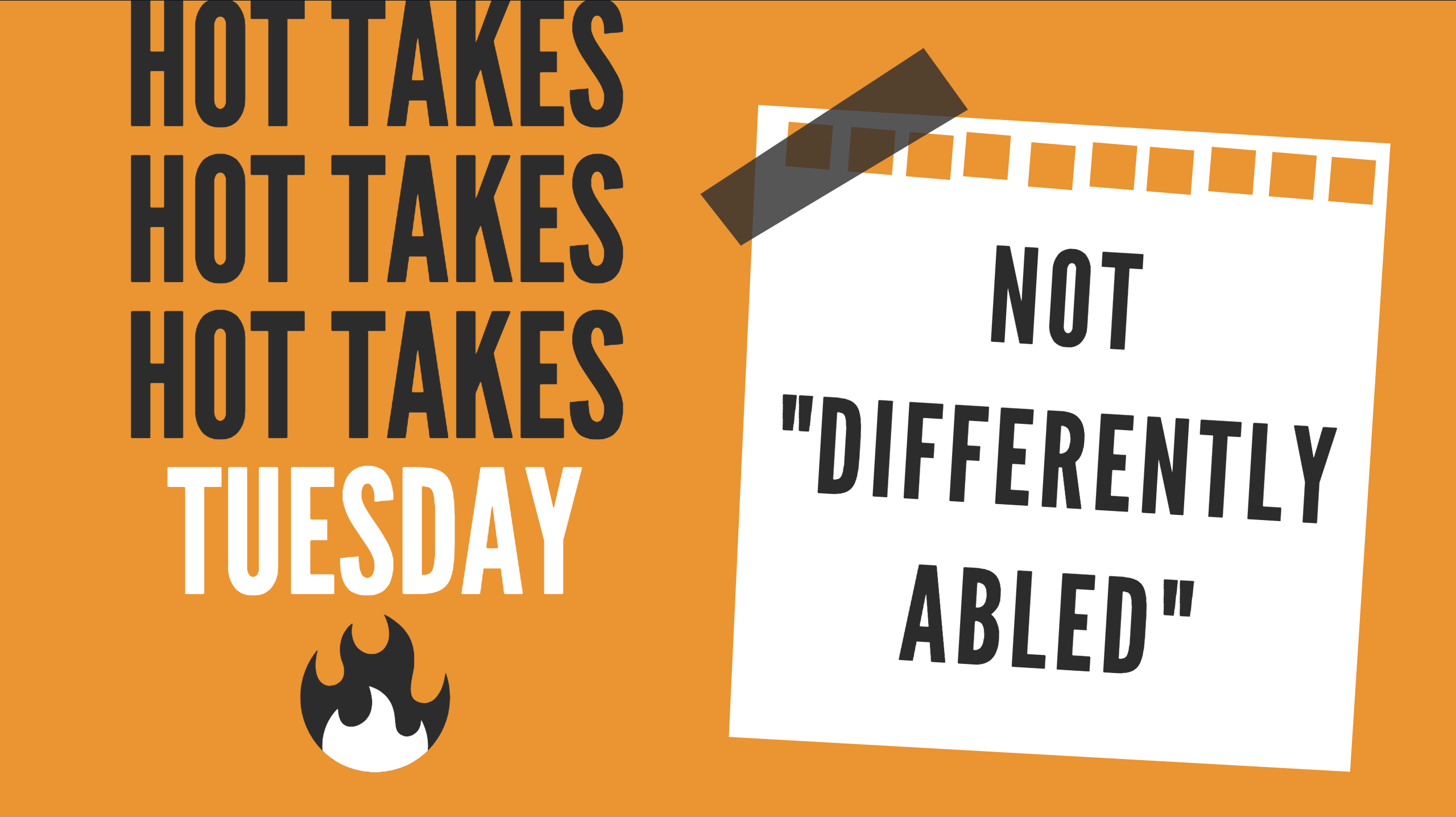
By: Megan Borella
Have you seen the latest trending show on Netflix? Did you look at the email I sent you? Have you watched the new viral video everyone is literally losing their minds over? Such common questions that yet throw people into a panic when they address them to me. The general public's fear of offending the disabled has become so hardwired and engrained that using simple words such as "see," "look," and "watch" in conversation with someone who is blind is unthinkable. What an unspeakably egregious error people think they have made when they accidentally use a phrase that refers to the vision I so conspicuously lack.
I find these occurrences to be absolutely hilarious, and make them into jokes whenever possible. To me, people's terror of saying the wrong thing and unintentionally offending a minority population is a sad reminder of how deeply rooted political correctness has now become in our culture. In general, I don't particularly care what someone says to me; I'm much more interested in the intent behind their words. And besides, in a world that we disabled individuals work so hard to adapt to and fit into, intentionally steering clear of words such as see, walk, and run that remind us of things we are incapable of doing makes our differences even more glaringly obvious. Is it weirder for a blind person to say they watched a movie or listened to it? That they heard your text rather than saw it? I'd go with the latter option.
Essentially, words are what we make them and what we allow them to be. The fear surrounding this recent obsession over semantics wholely detracts from much more important discussions regarding real issues, such as the accommodations and accessibility-related rights those with disabilities are denied throughout the world. This is not just an issue in lower-income countries; it happens in the world's wealthiest nations as well. Yet in places like the United States, our attention is so single-mindedly focused on what we say rather than what we do that even the word disabled is taboo in certain circles. I'm sorry, but if anyone calls me differently-abled to my face, I can no longer take them seriously. They're just trying way too hard. Perhaps we should redirect our focus to more substantial issues than what a college should call its office that serves students with disabilities or what words one uses when talking to a disabled stranger. If a well-intentioned slip of the tongue offends them, that's a problem that's much more of a reflection on them than you, as it indicates how they see themselves rather than how they are viewed by others.
Originally Posted: 24 September 2019

